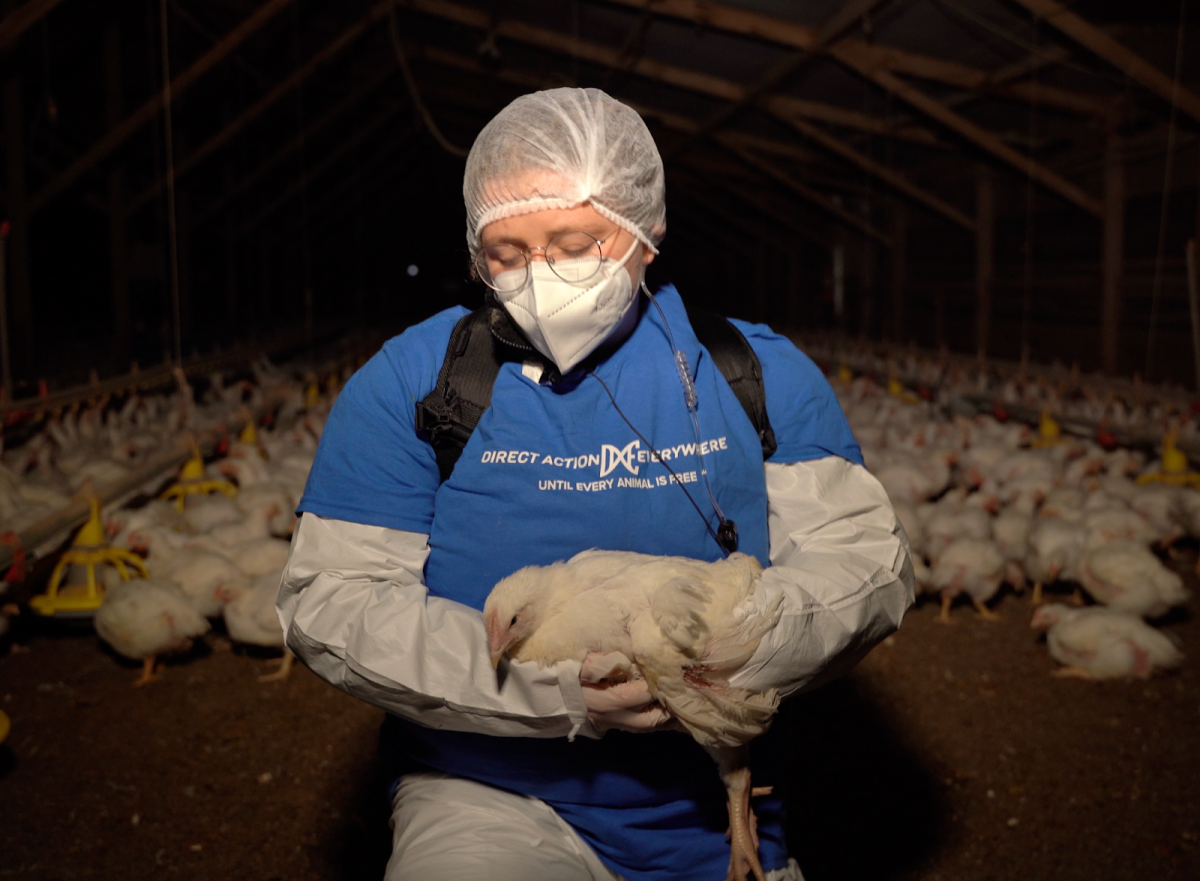When in college, coffee becomes your best friend. It’s there to help with those early morning classes, crunching for an exam or writing long papers. Most people only see coffee as an energy booster and its positive effect.
What they don’t think about is the amount of caffeine they are consuming and how it affects the different operating systems of the body.
There are many pros and cons to consuming coffee, ones people aren’t aware of before doing some type of research. After that they will realize how important it really is to be aware and to keep track of the amount being put into their bodies.
Coffee, overall, seems to have a lot of perks when consumed. It gives you the energy you need at the moment to get certain things done. Drinking coffee may also help protect against the chances of getting many different medical diseases like Parkinson’s Disease, Alzheimer’s, dementia and some oral cancers. It’s when one is consuming too much that problems occur.
Further, an overload of caffeine can happen very easily as there are many types of food that are made with it as an ingredient but are overlooked. A human body can only handle so many milligrams before a negative effect occurs. In an online article done by Healthline, 17 effects of caffeine on the body are addressed and discussed.
The article includes a picture of a human body and each different part affected when caffeine is consumed. From head to toe, the illustration displays what can happen internally to the body. Examples include becoming jittery, irritability, confusion, rapid heart-beat, increased blood pressure and more.
The article then goes on to point out how each different operating systems of the body are affected starting with the central nervous system. Although caffeine is able to bring alertness to an individual, too much can cause habituation. The body becomes dependent on coffee after a while which then makes the individual addicted to caffeine.
When going through withdrawal, there are many issues and symptoms that can occur, such as anxiety, irritability and drowsiness. A headache is a clear sign of caffeine addiction when going through withdrawal.
The article also states how there is such a thing as caffeine overdose and can lead a person to death by convulsions. In your digestive and excretory systems, the consumption of caffeine increases the amount of acid in your stomach which could lead to heartburn or an upset stomach.
So if one has stomach problems, such as acid reflux or ulcers, it’s very important to ask your doctor before consuming coffee.
Once absorbed through the stomach, caffeine then begins to make its way through the bloodstream forcing a rise in an individual’s blood pressure. If too much is consumed one could experience a rapid or irregular heartbeat and could potentially lead to breathing problems.
This same issue can occur when consuming caffeine while pregnant except the symptoms take place through the baby. Too much caffeine can also affect the growth of the fetus and in extreme cases, cause a miscarriage.
A very important fact the article also states is that large amounts of caffeine can interfere with a woman’s estrogen production making it harder for them to get pregnant.
The article really did open my eyes as to how important it truly is to keep track of the amount of caffeine one consumes. As a college student, I can drink coffee like water.
However, now that I’ve done some research, the risk of developing symptoms of caffeine addiction outweigh the benefits of an energy boost.




































